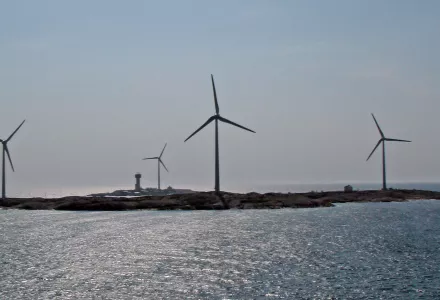
Abstract
There is widespread agreement among most economists that economy-wide carbon pricing will be a necessary (although not necessarily sufficient) component of any policy that can achieve meaningful and cost-effective CO2 reductions in large, complex economies. But there is less agreement about which of two carbon pricing instruments will be better. Some support carbon taxes, while others favor cap-and-trade. How do these two pricing approaches compare? In this survey and synthesis of theory and experience, I show that when carbon taxes and carbon cap-and-trade systems are designed in ways that make them truly comparable, their characteristics and outcomes are similar and, in some respects, fully equivalent. But the two approaches can perform quite differently along some specific dimensions, sometimes favoring taxes and sometimes cap-and-trade. The key differences in performance depend on details of program design. Indeed, what appears at first glance to be a dichotomous choice between two distinct instruments can turn out to be a choice of specific design elements along a policy continuum.
Stavins, Robert N. "The Relative Merits of Carbon Pricing Instruments: Taxes versus Trading." Review of Environmental Economics and Policy, vol. 16. no. 1. (Winter 2022): 62–82.
The full text of this publication is available via Review of Environmental Economics and Policy.





